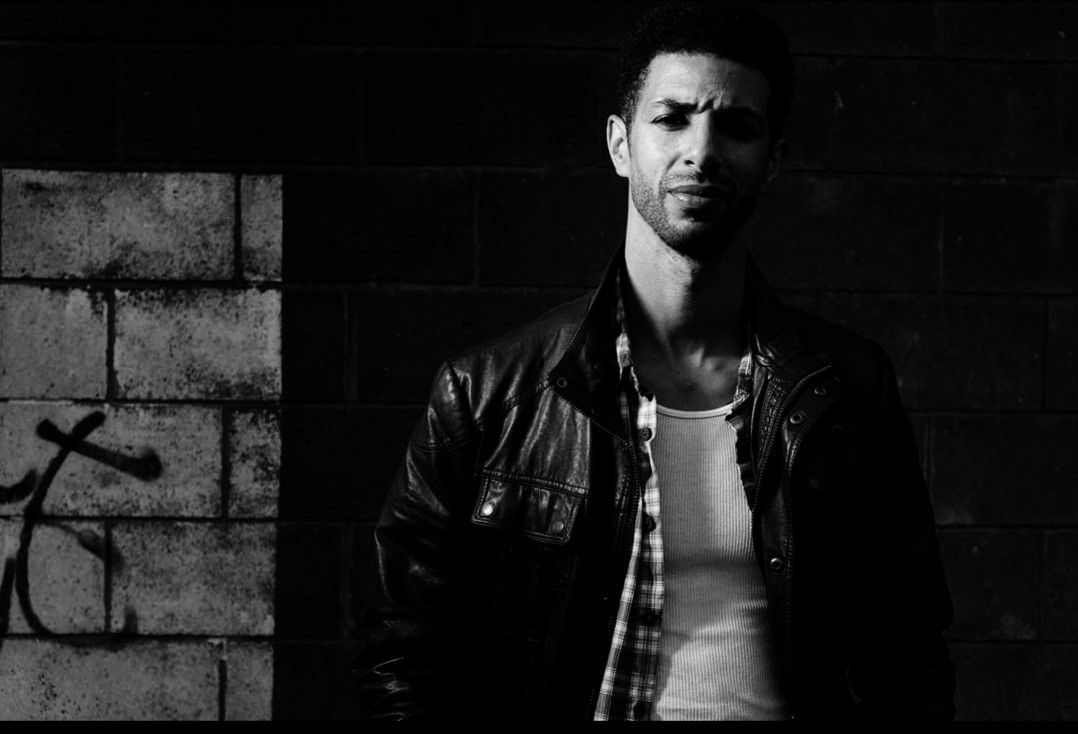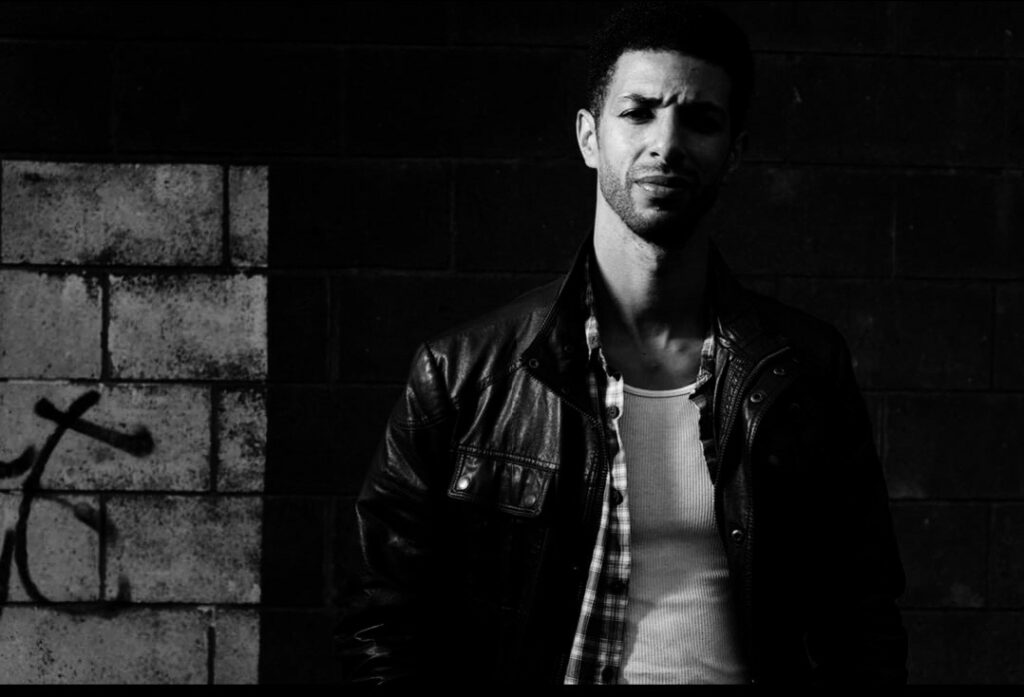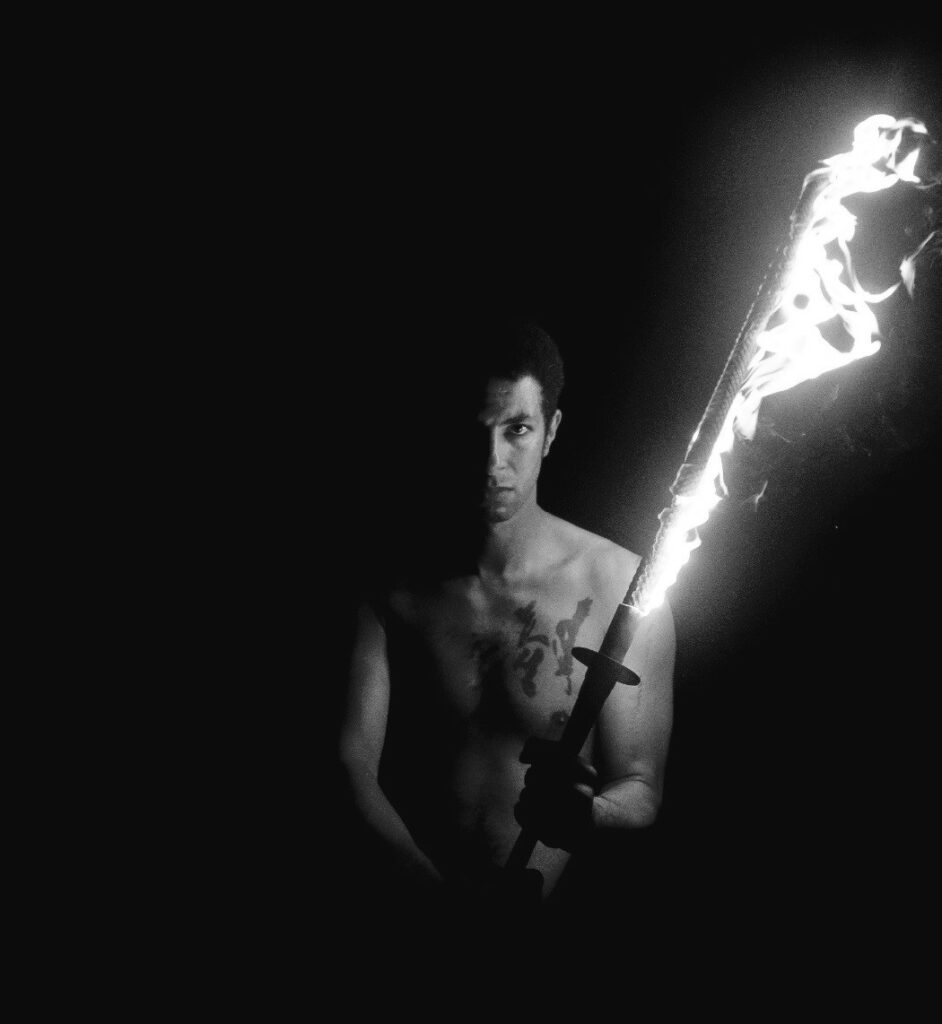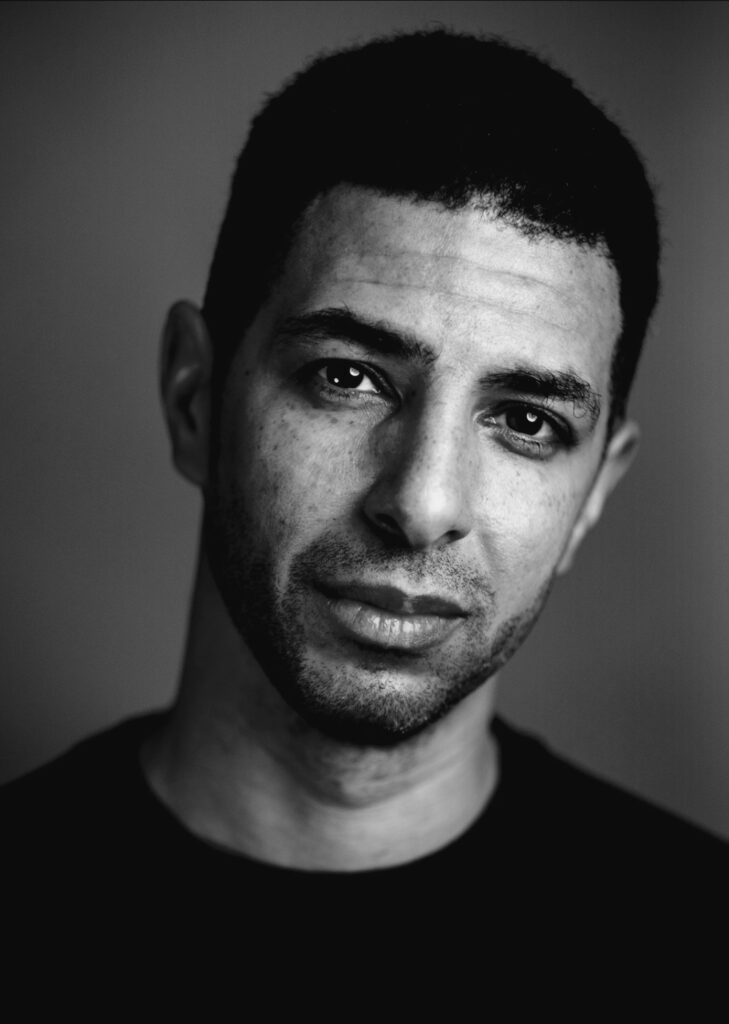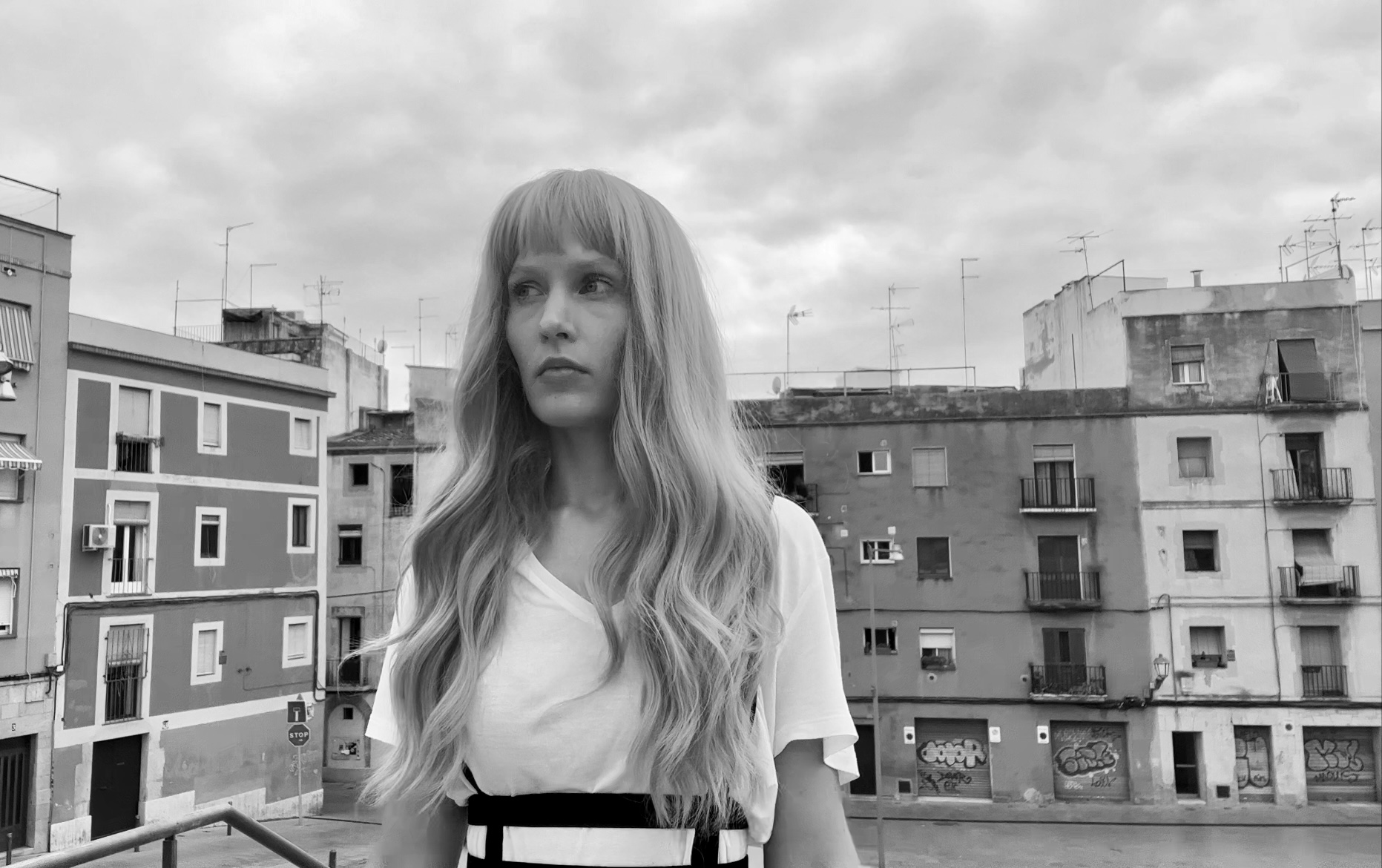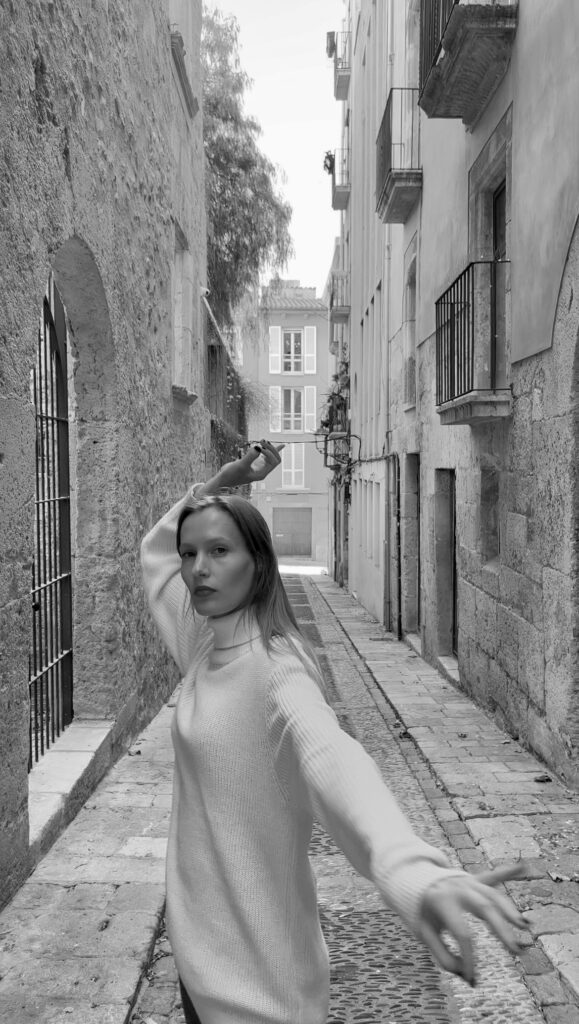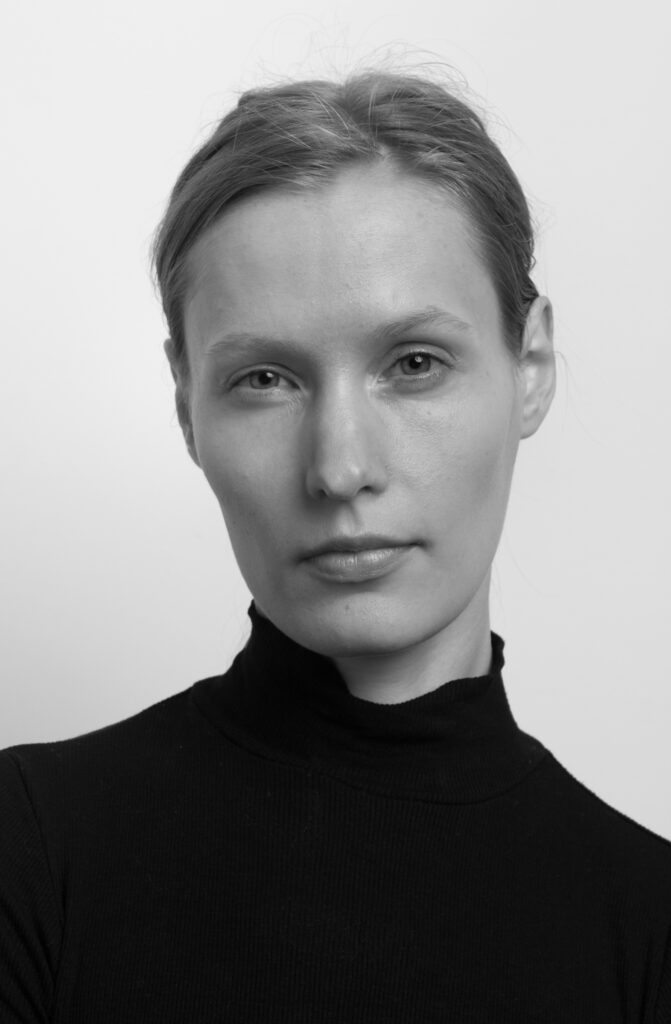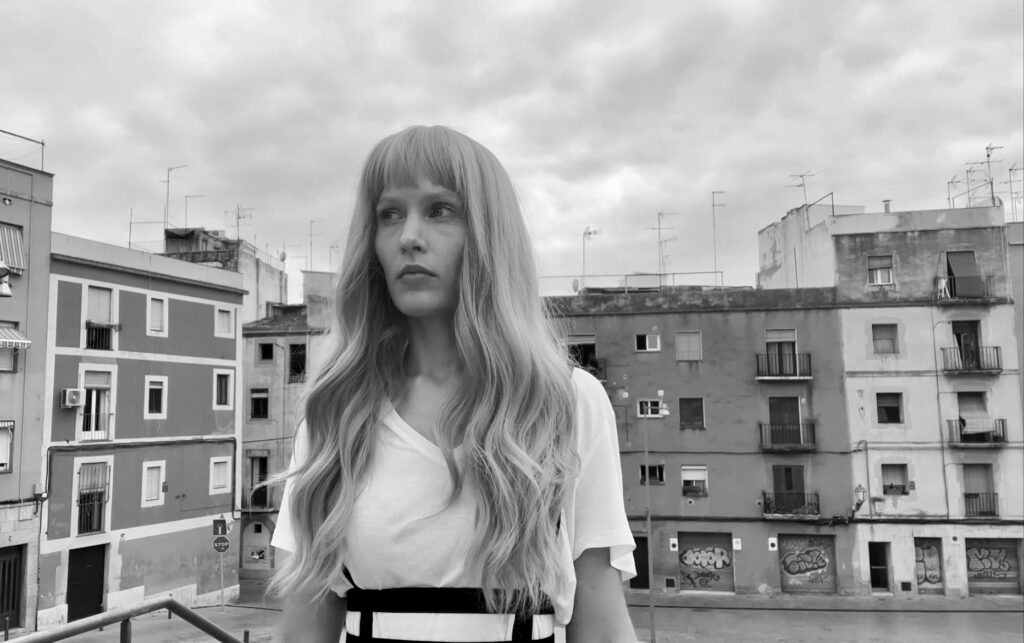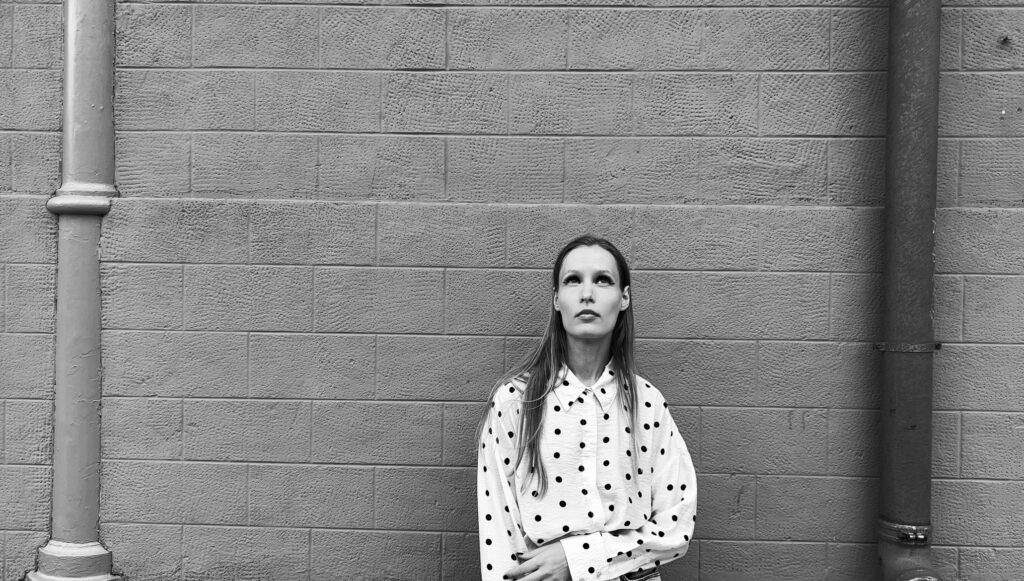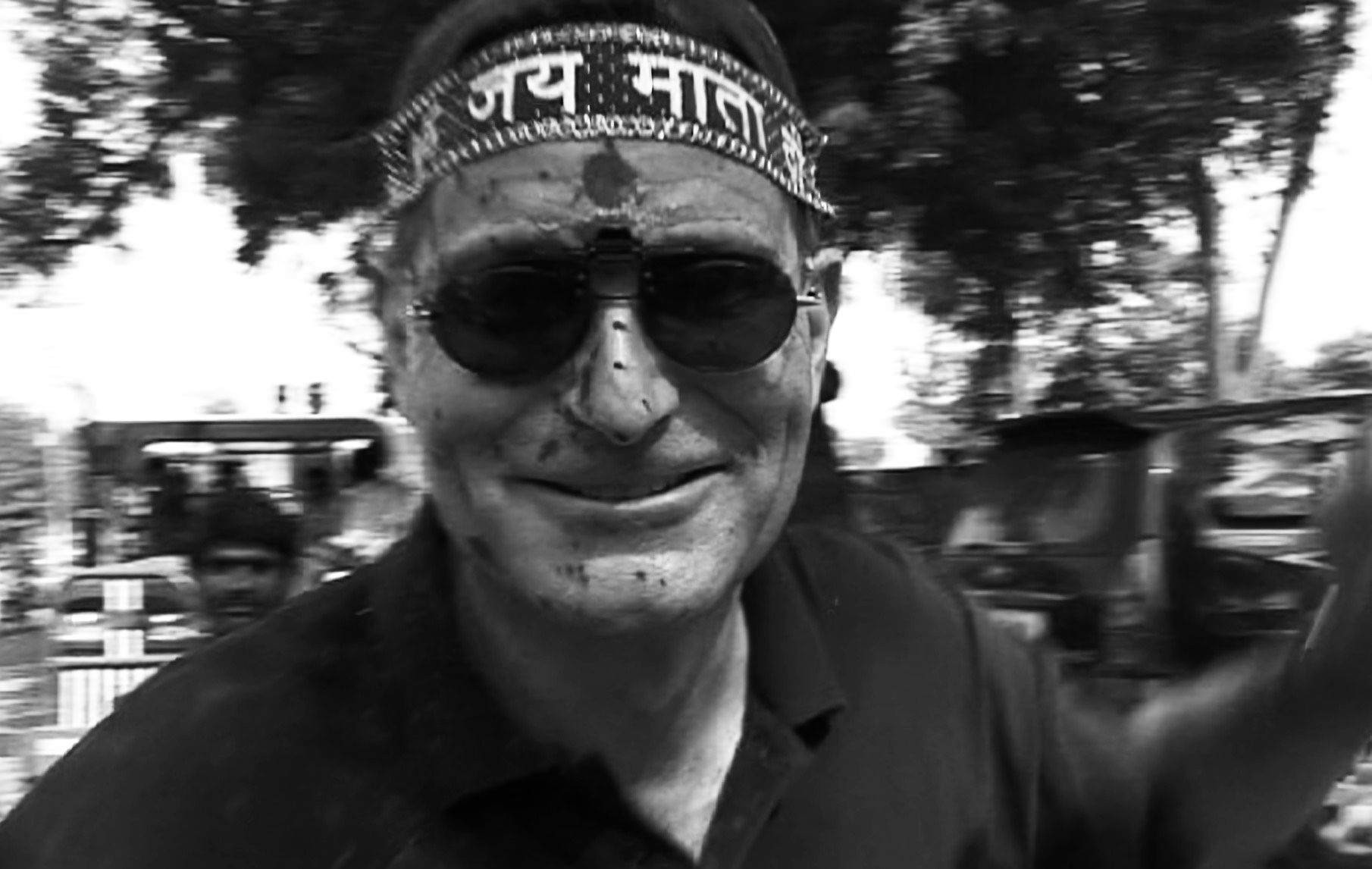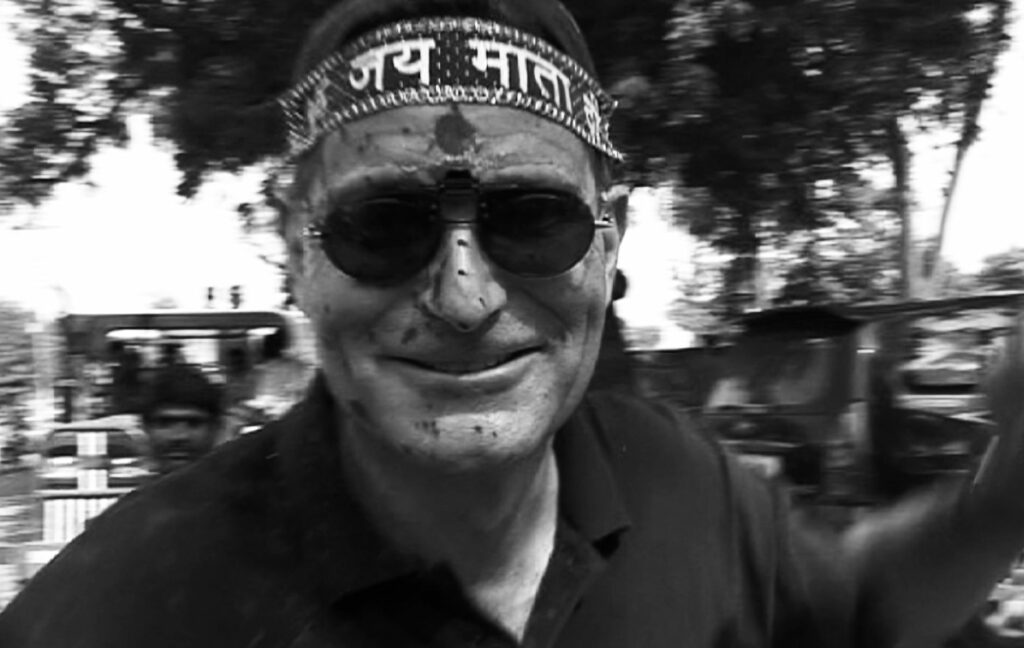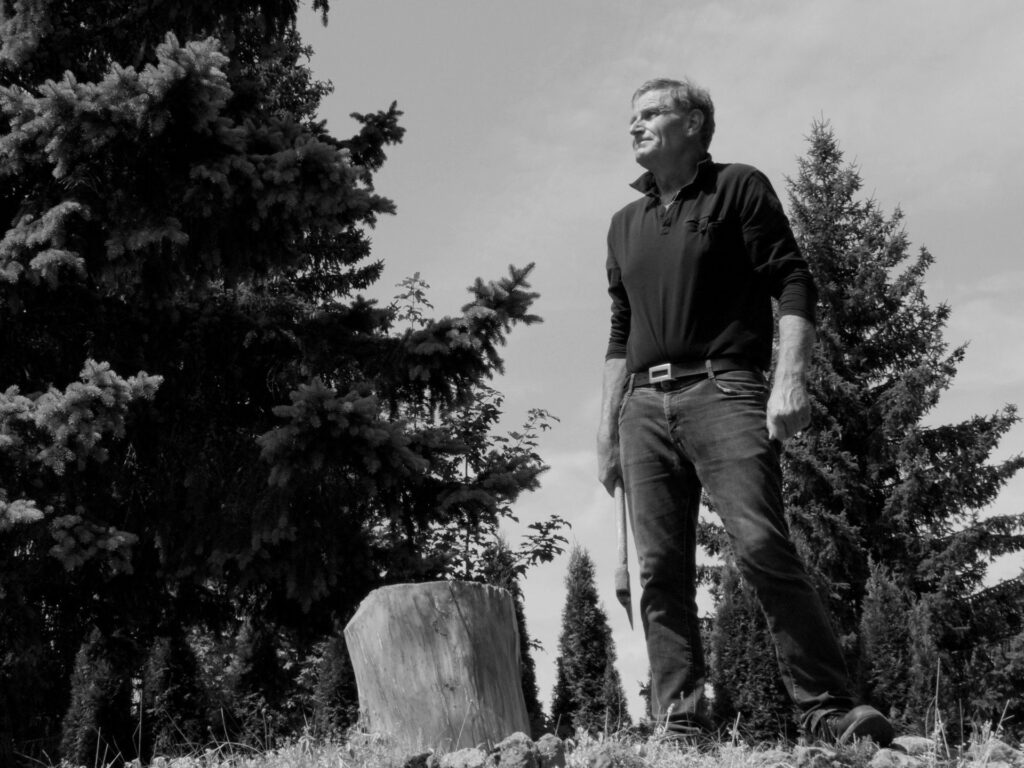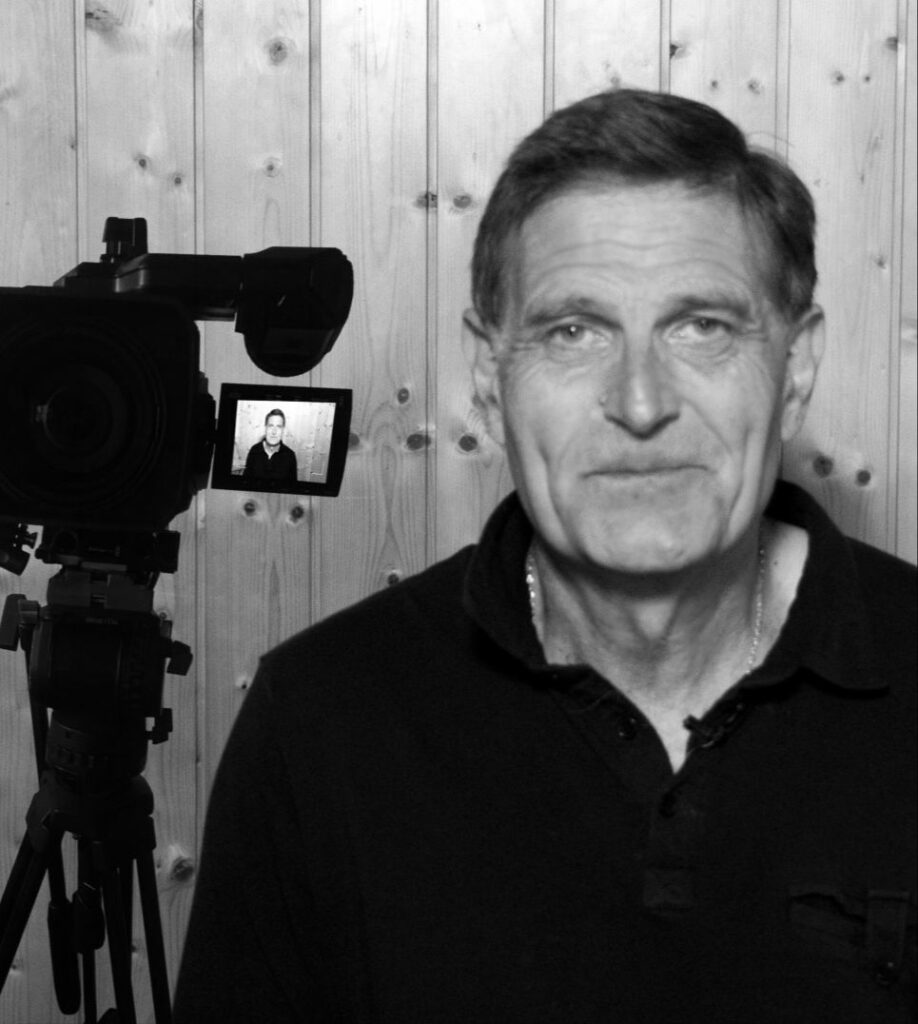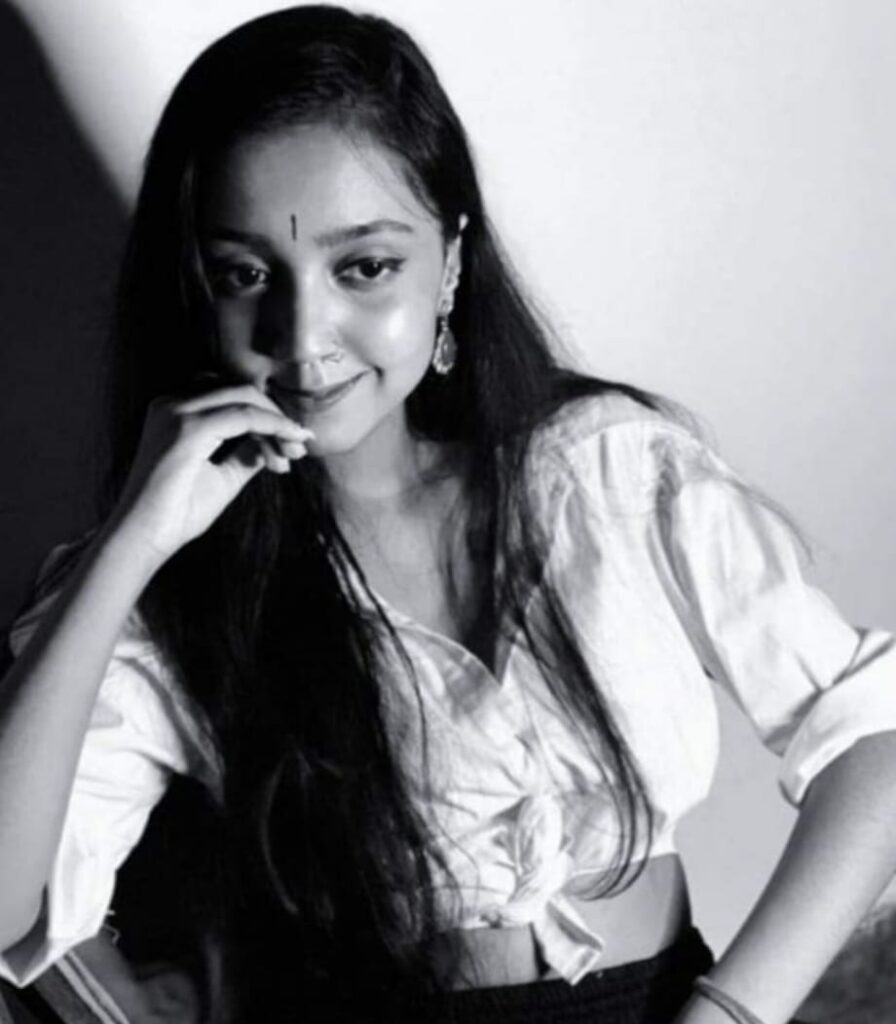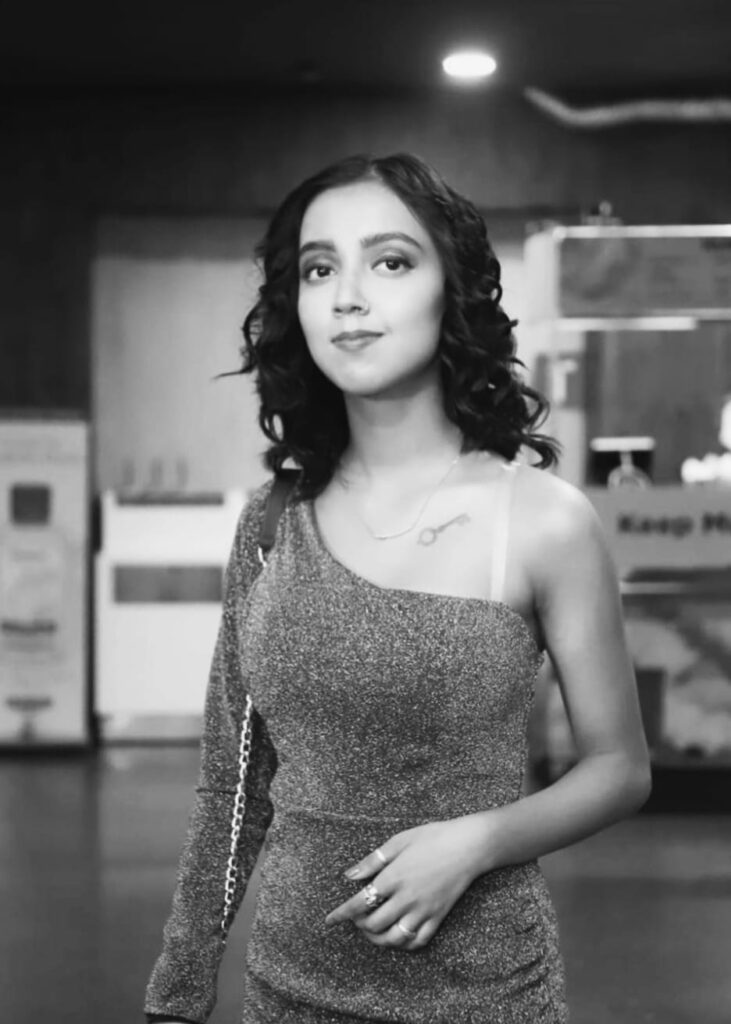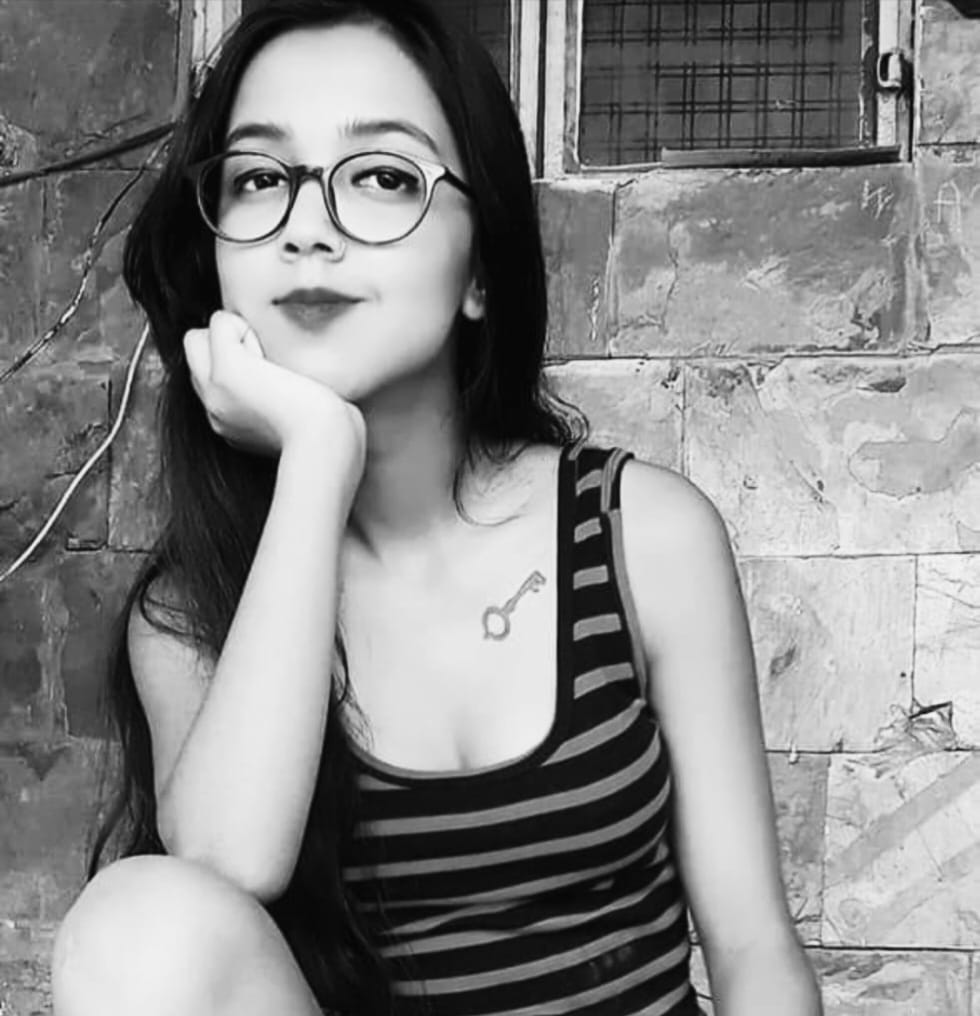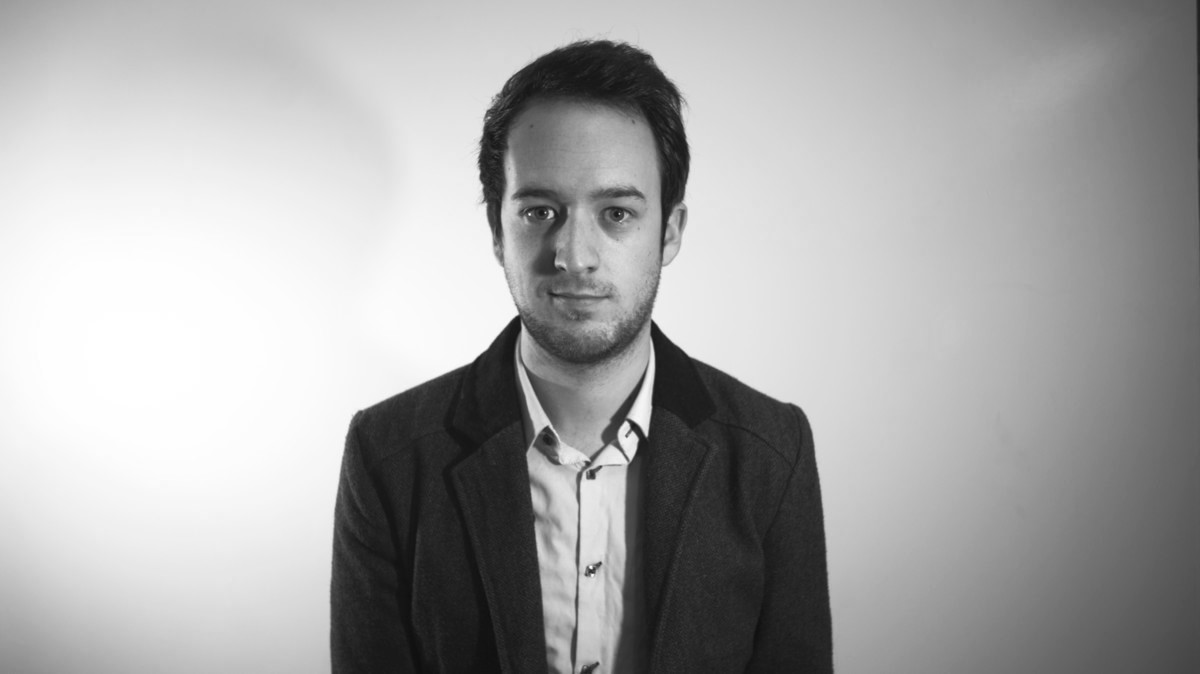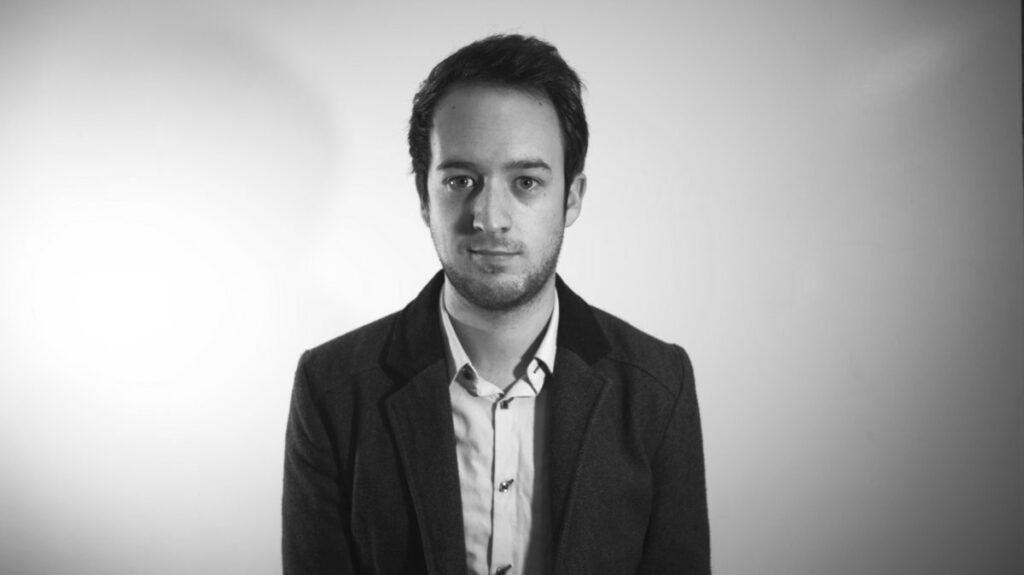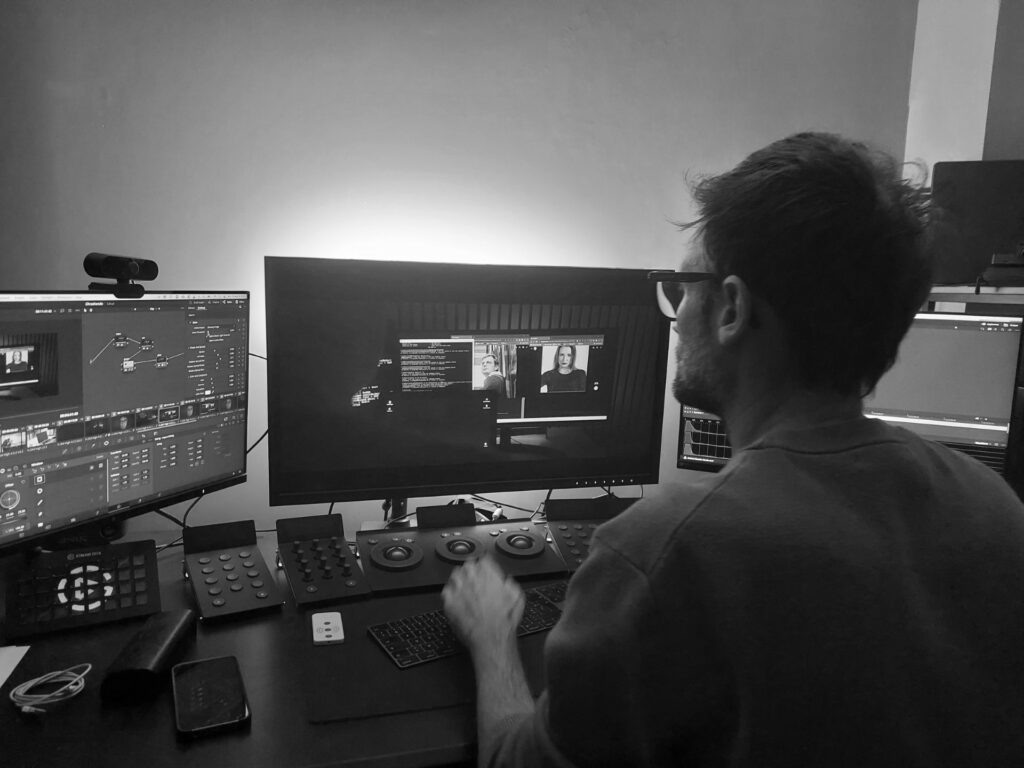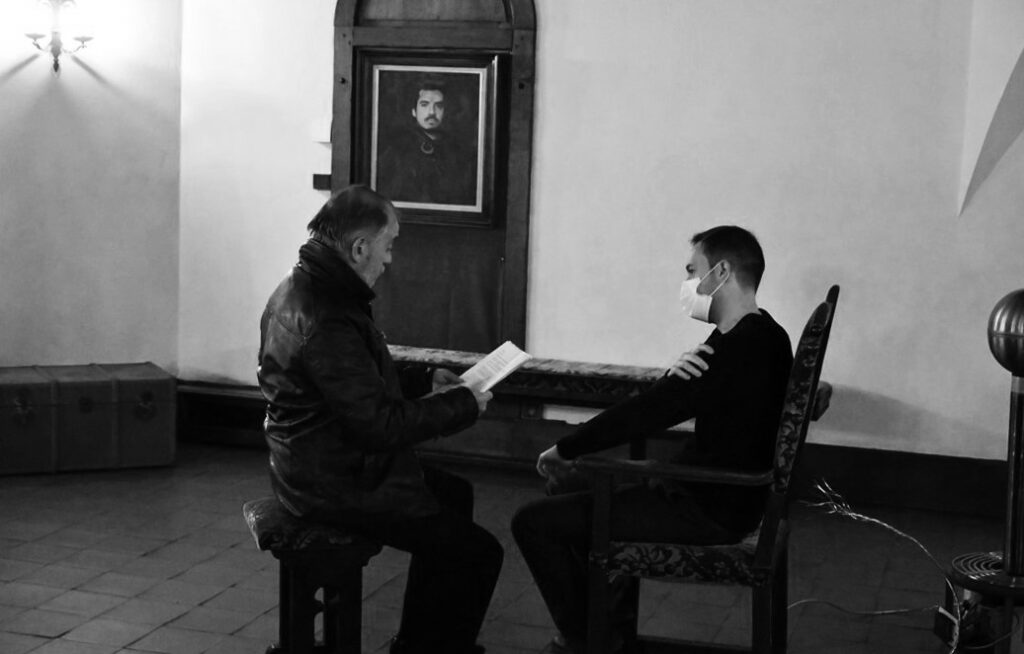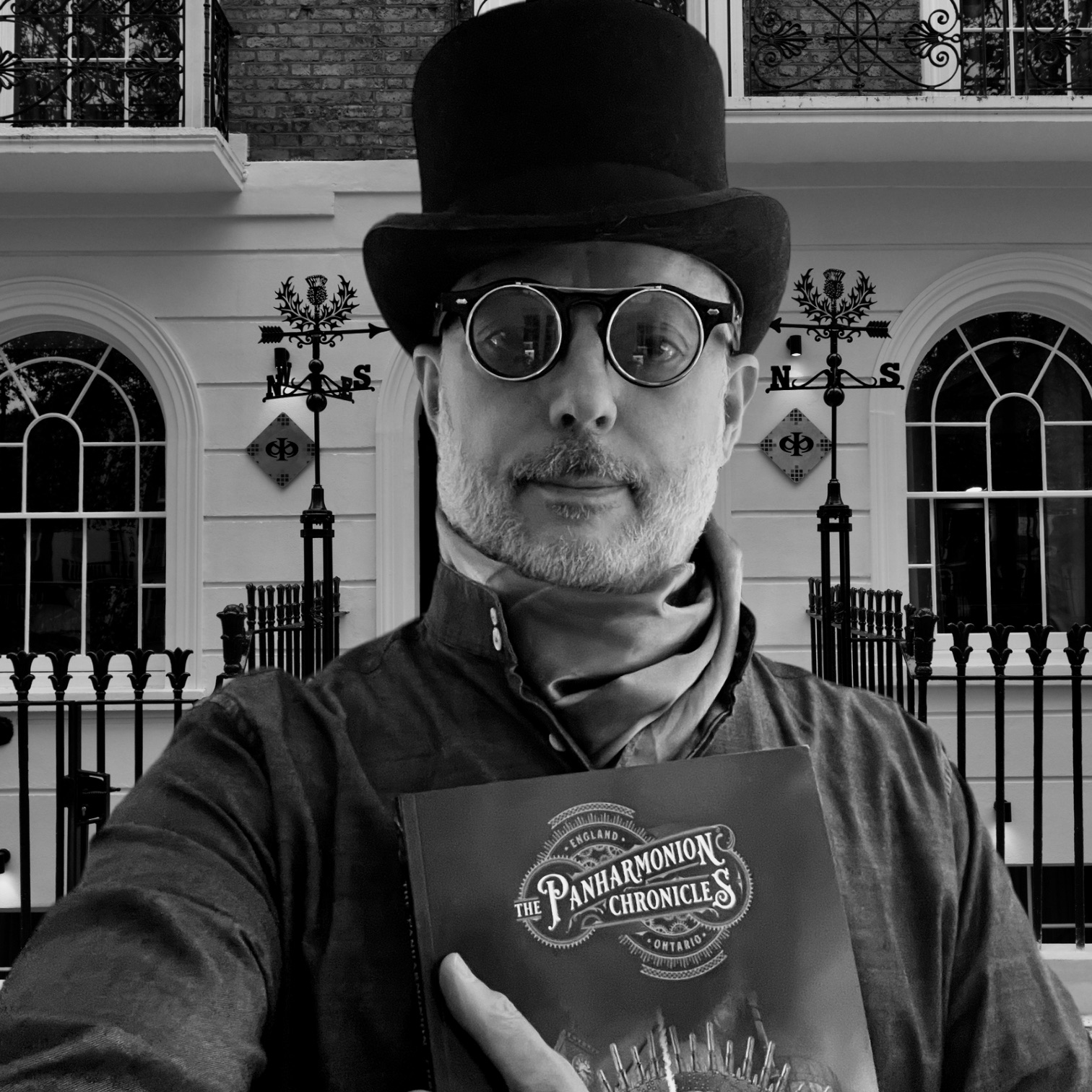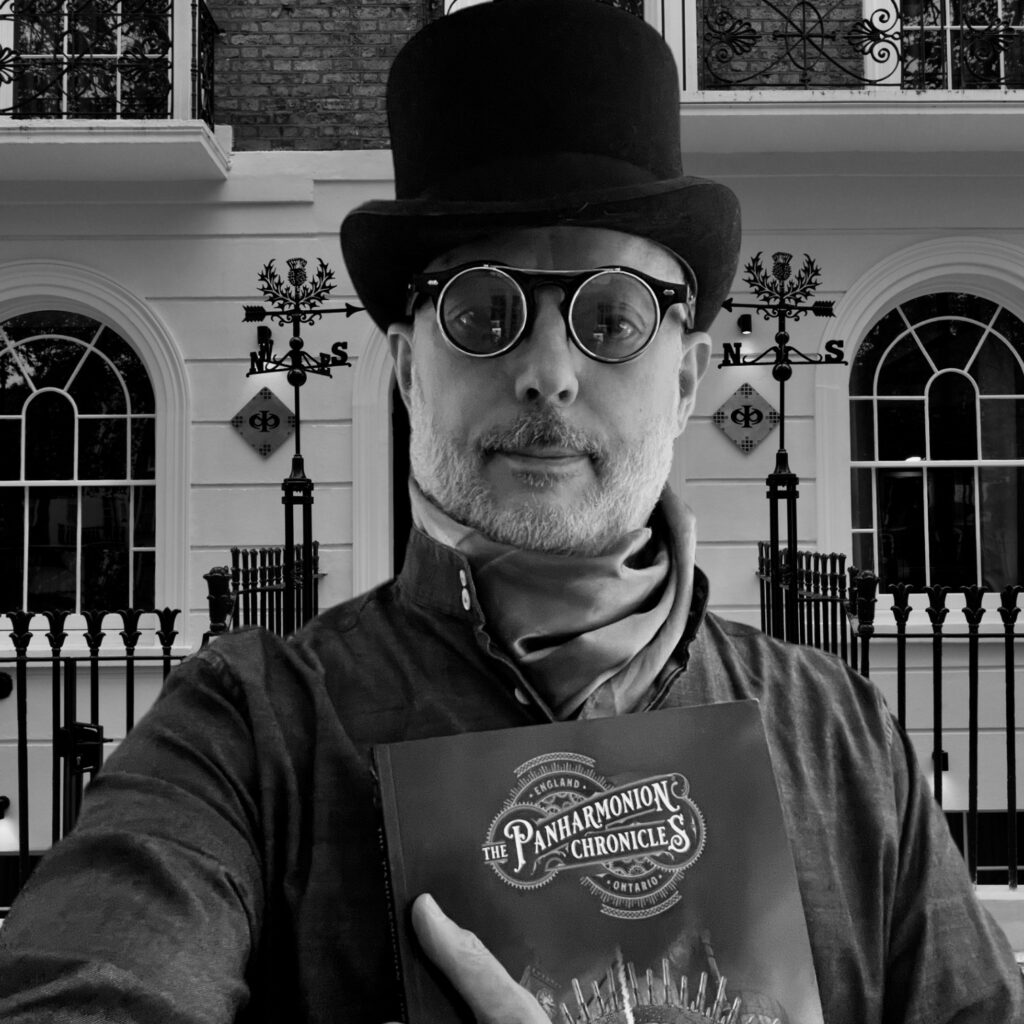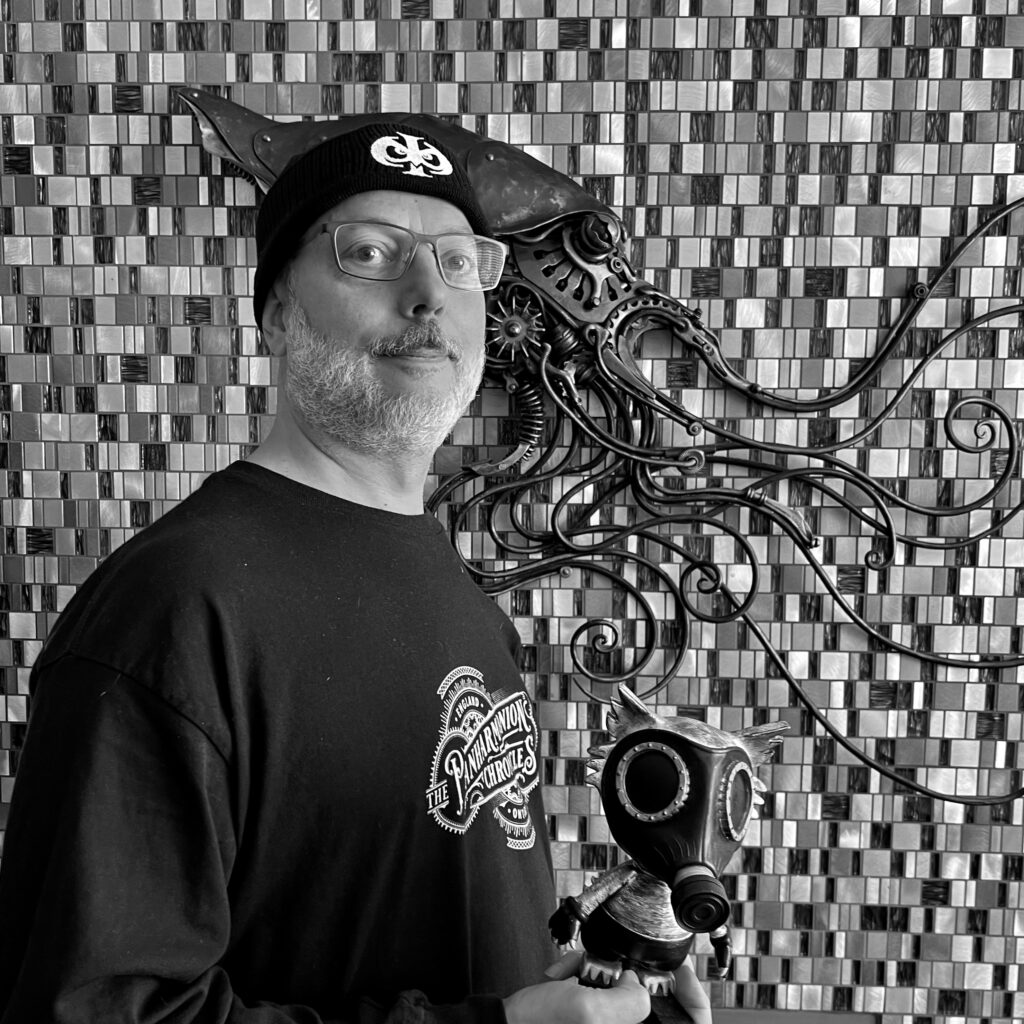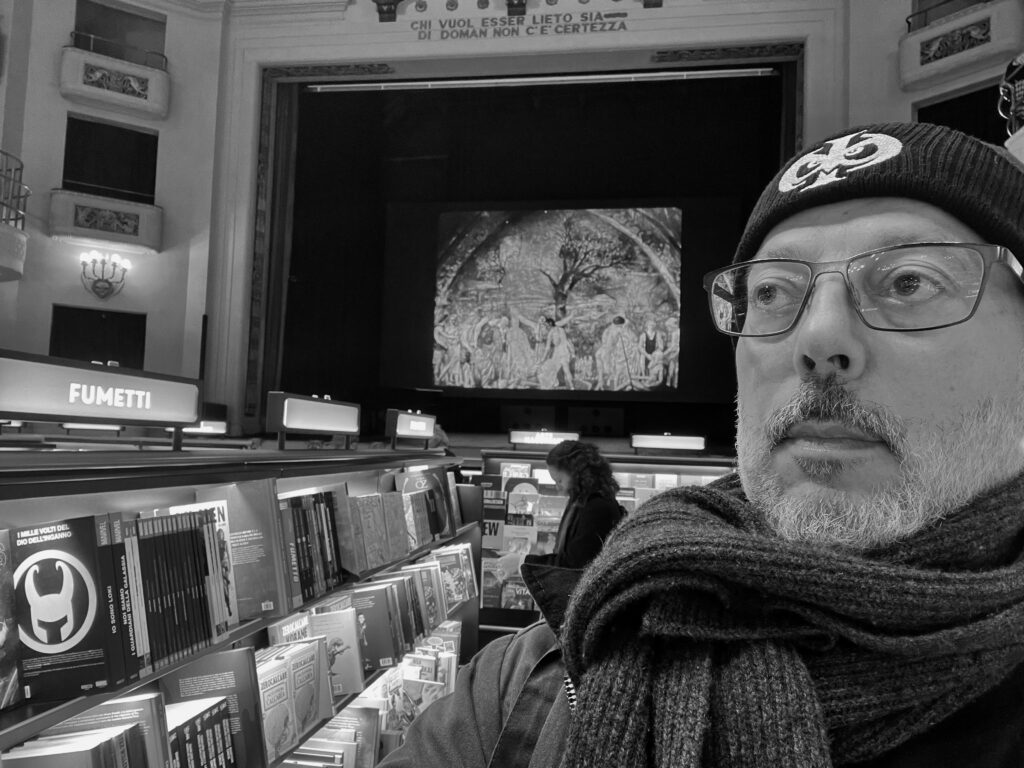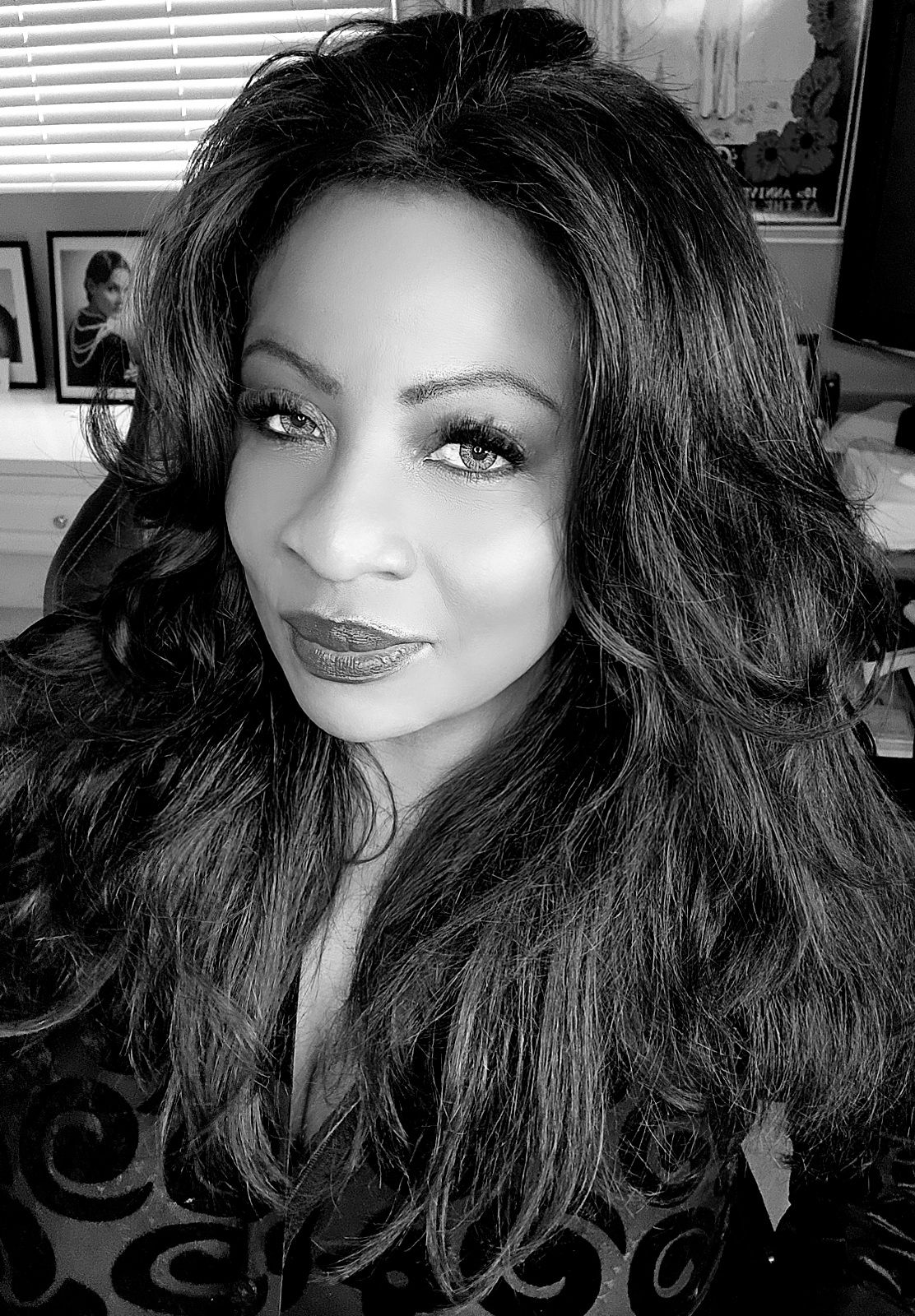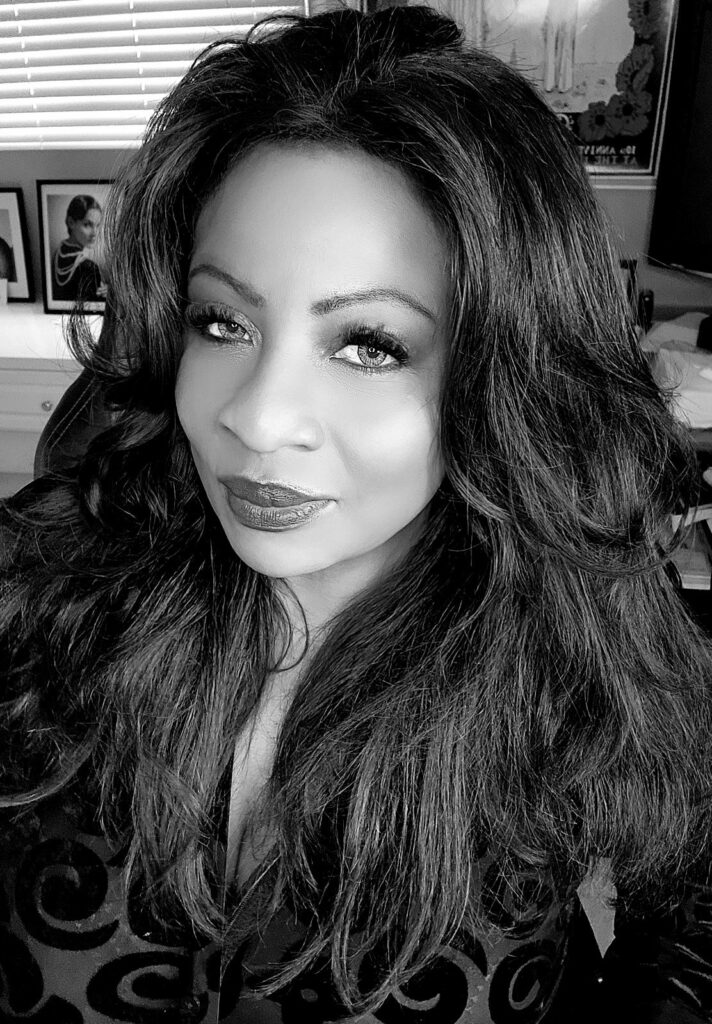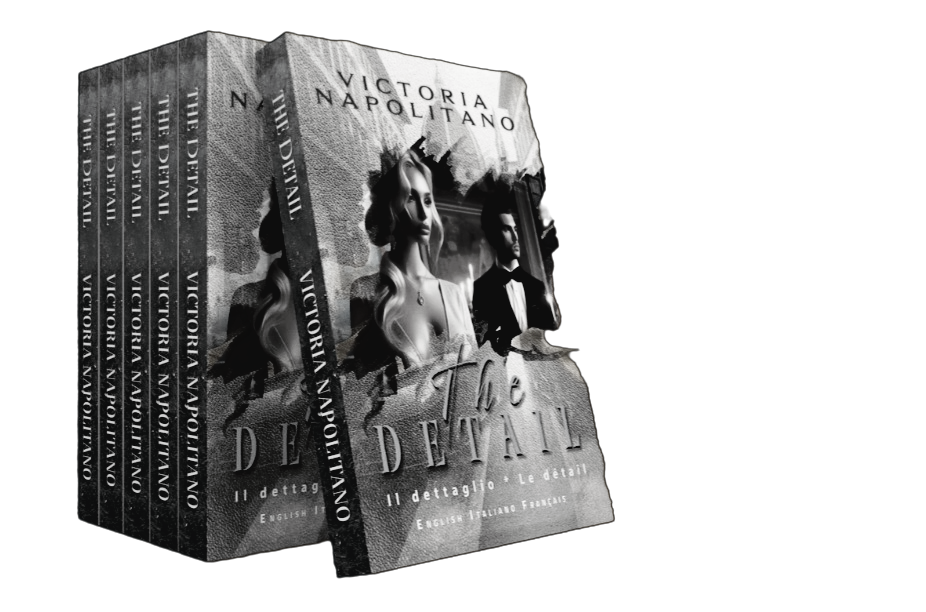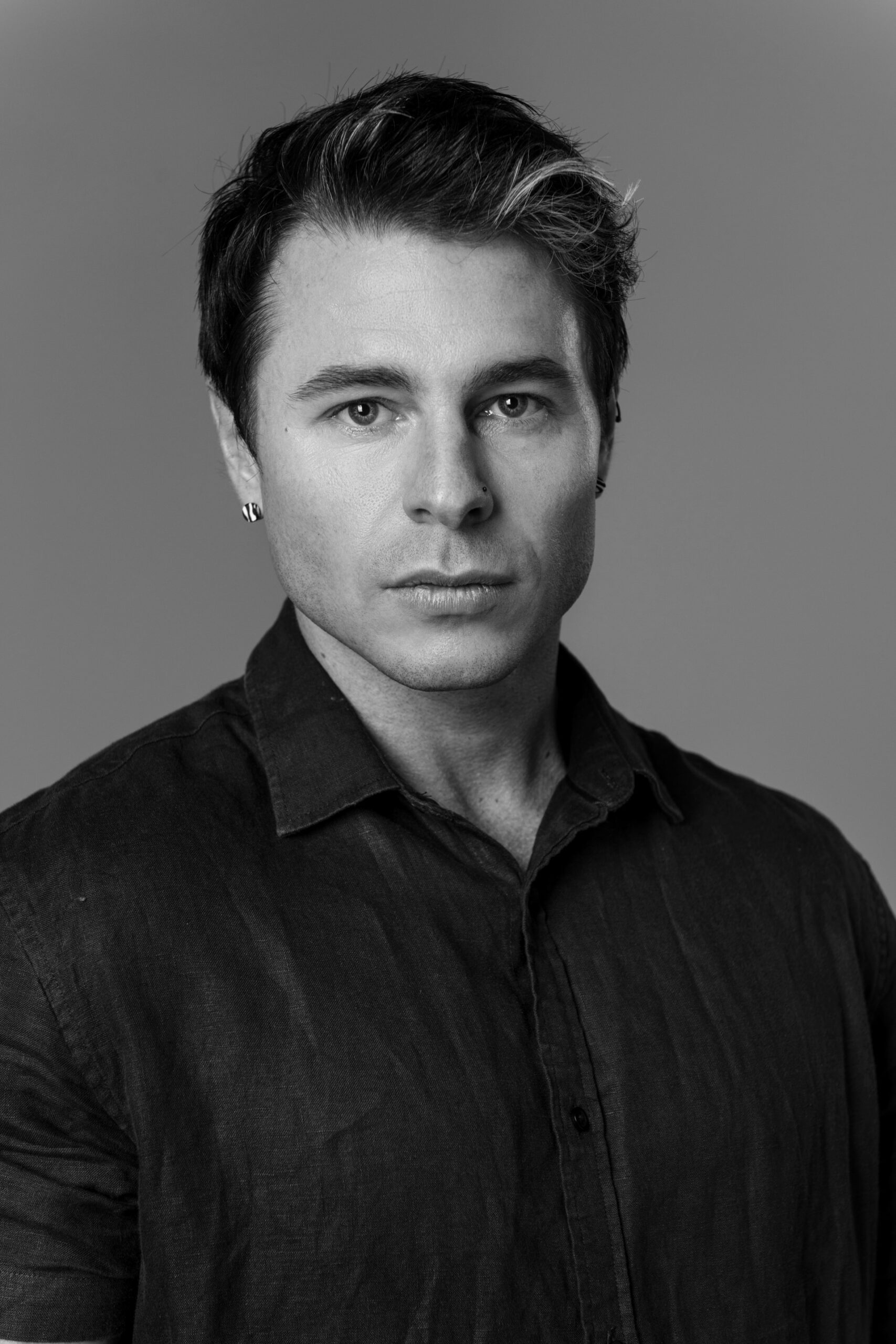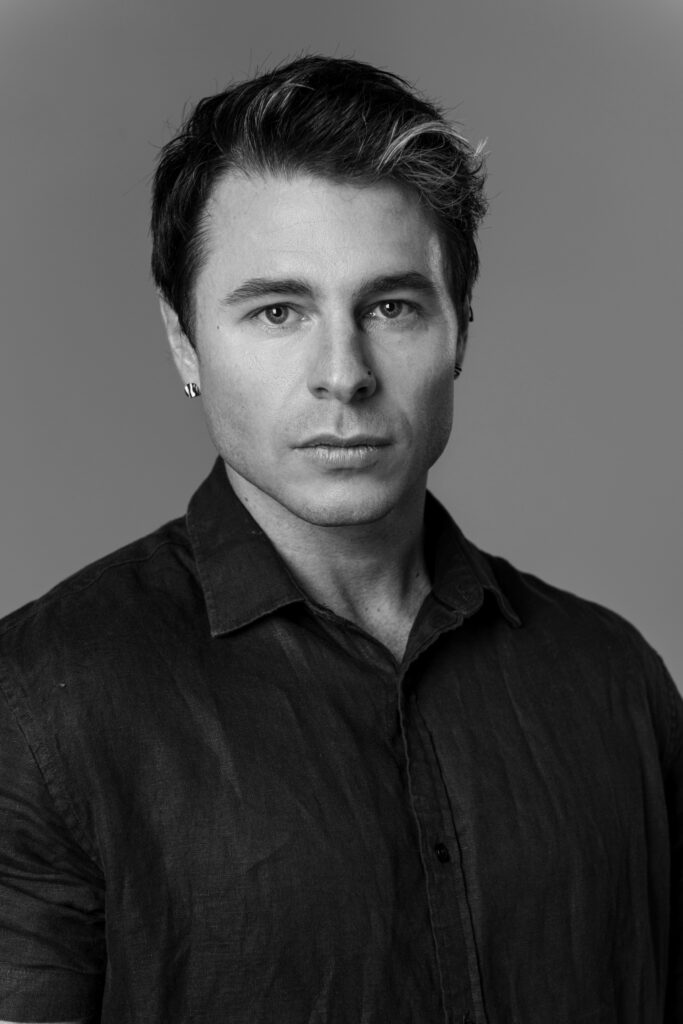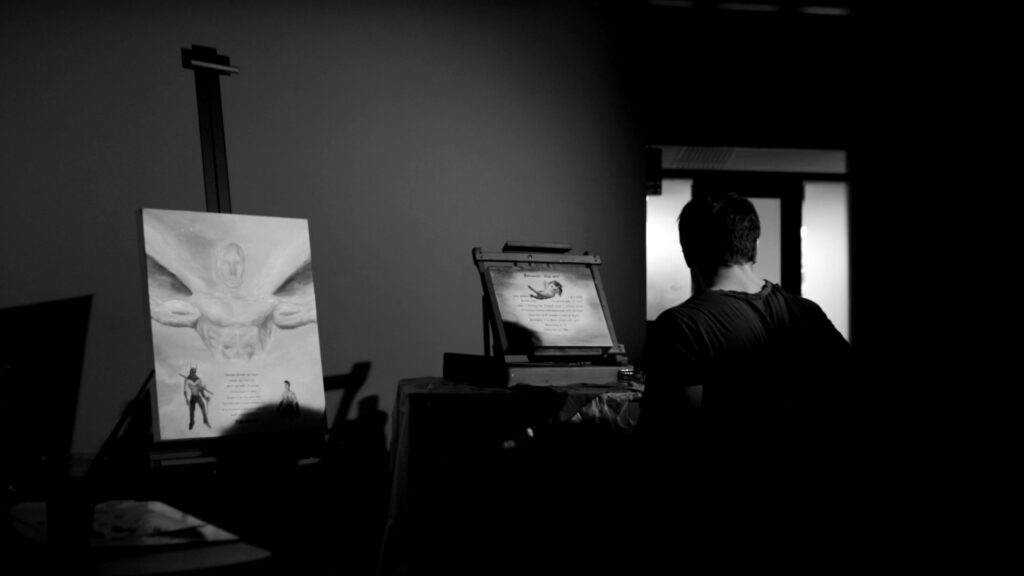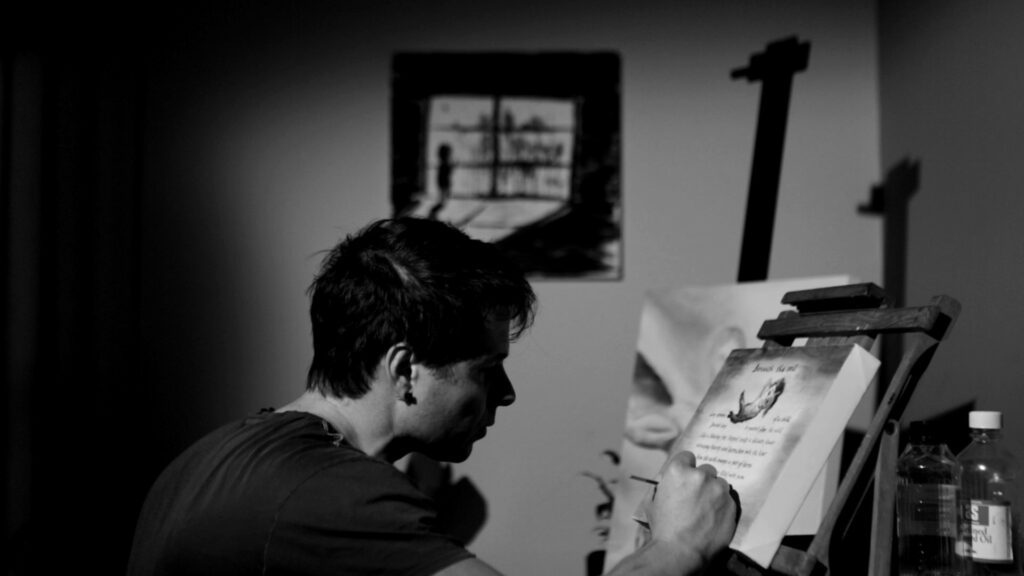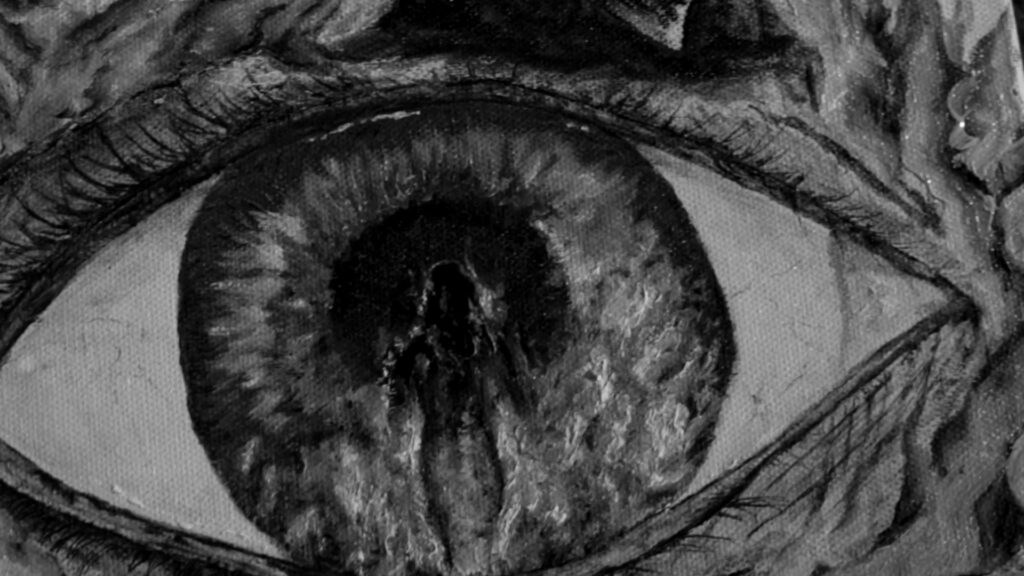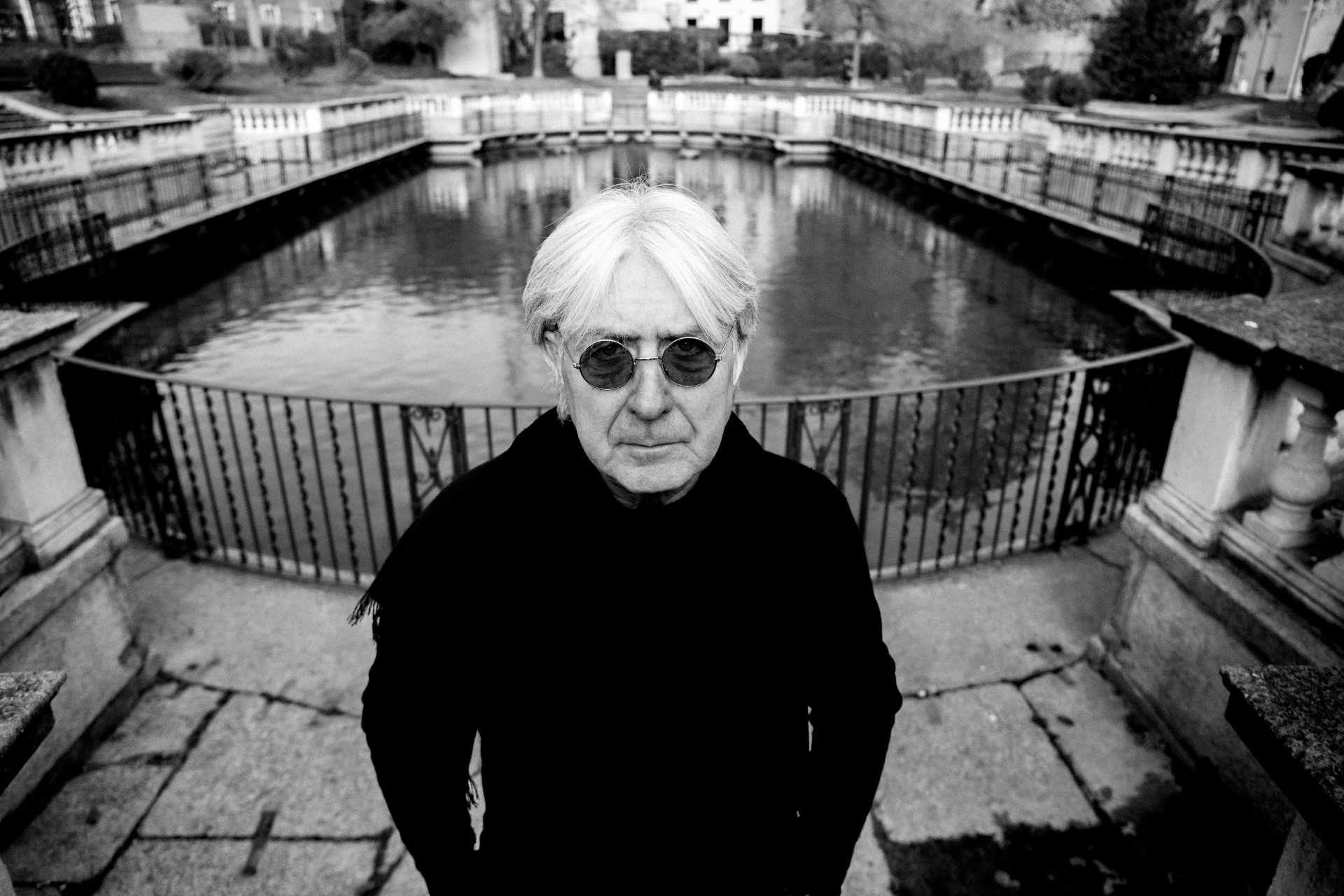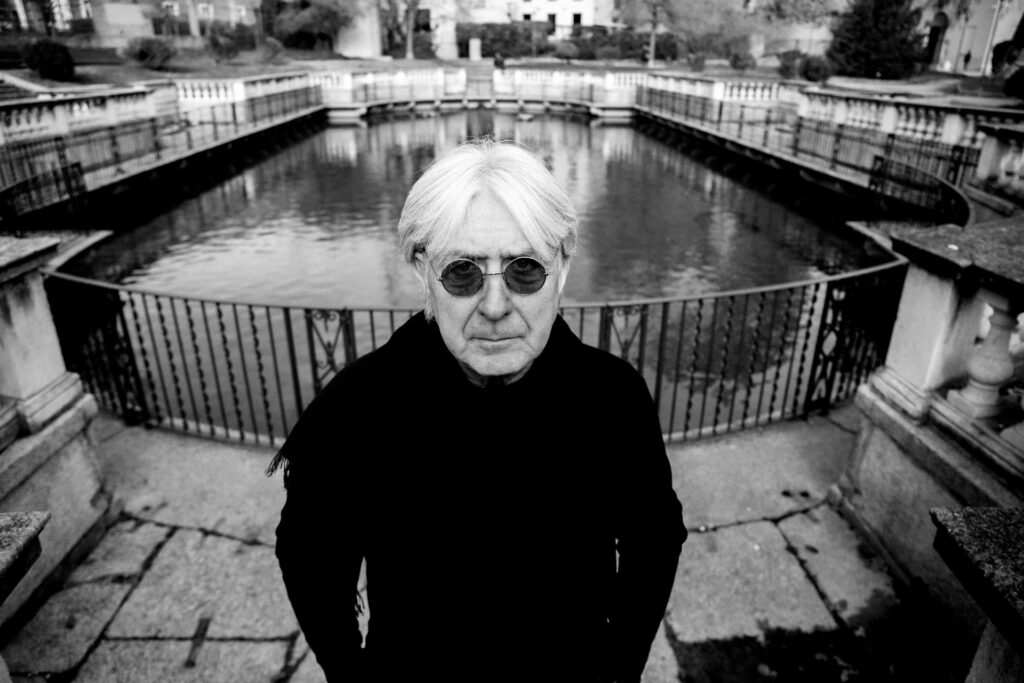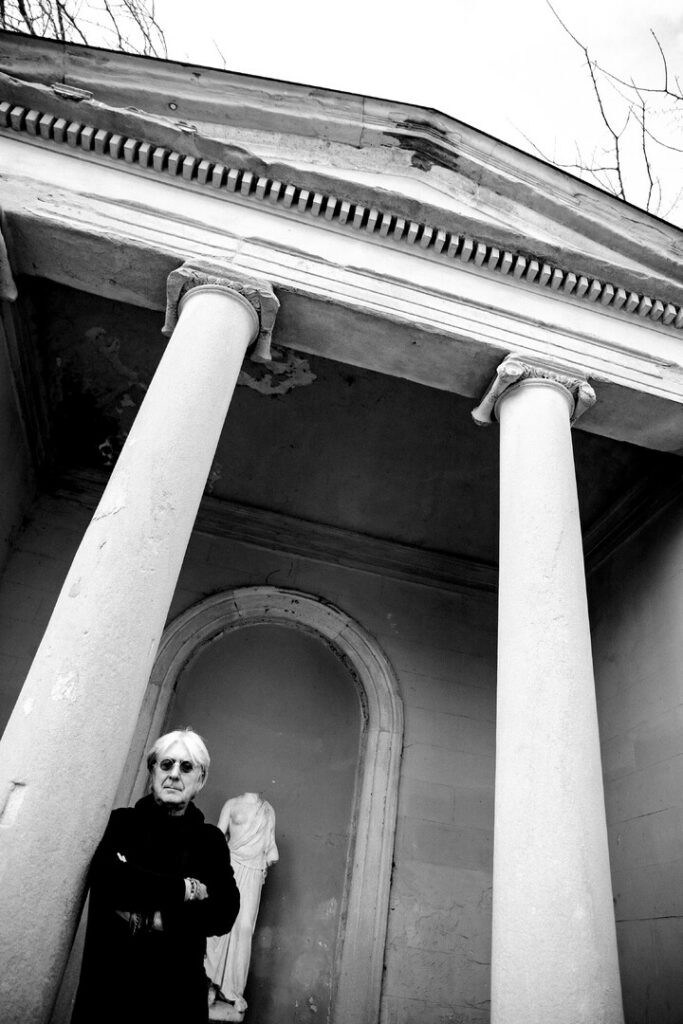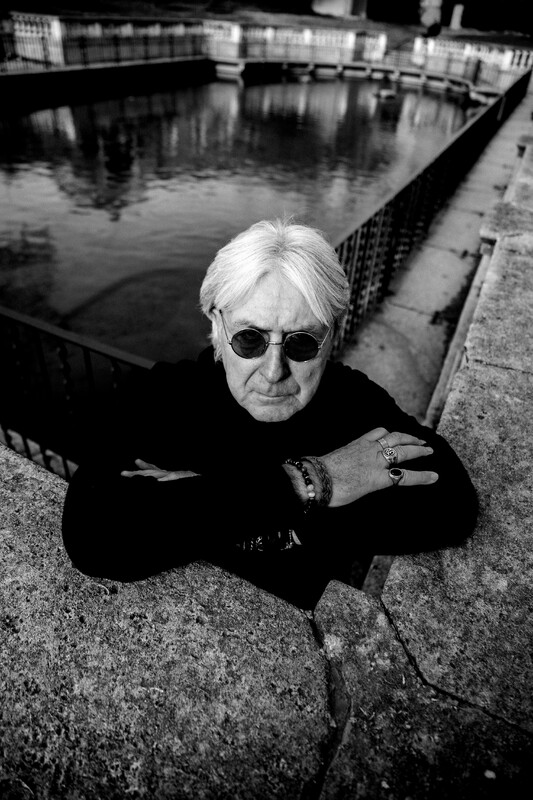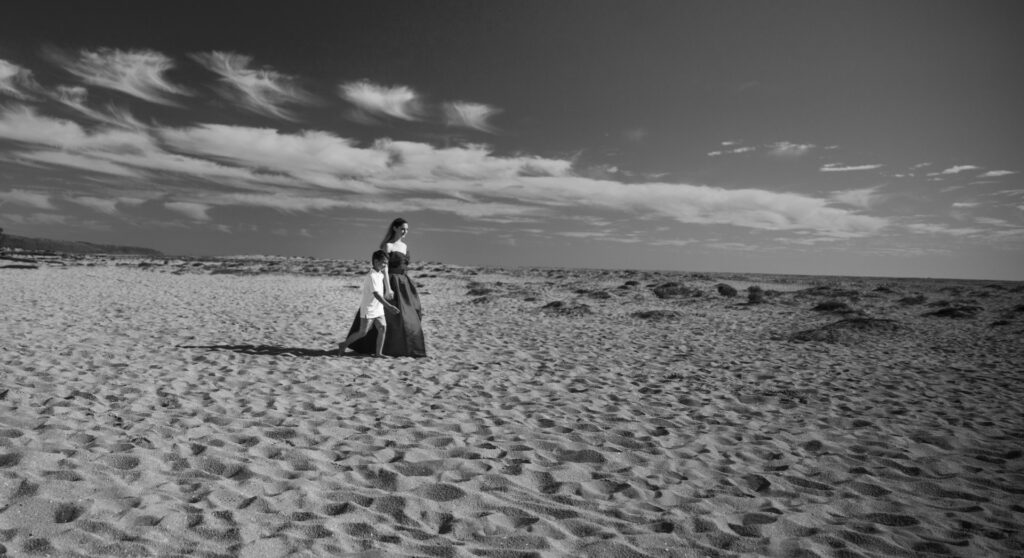
-Who is Ann Huang?
I am a multicultural and multilingual poet, literary translator, visual artist, and filmmaker. My living and working experiences have given me diverse perspectives on world affairs. And through my introspection and retrospection, my perspectives have amplified and unified. When I create, I think out of the box and believe the multi-vocal art media (including poetry, painting, visual art, and film) are in line with each other. Simultaneously, I am univocal about current social geopolitical issues that have to deal with empathy and renewing possibilities of our humanity at large.
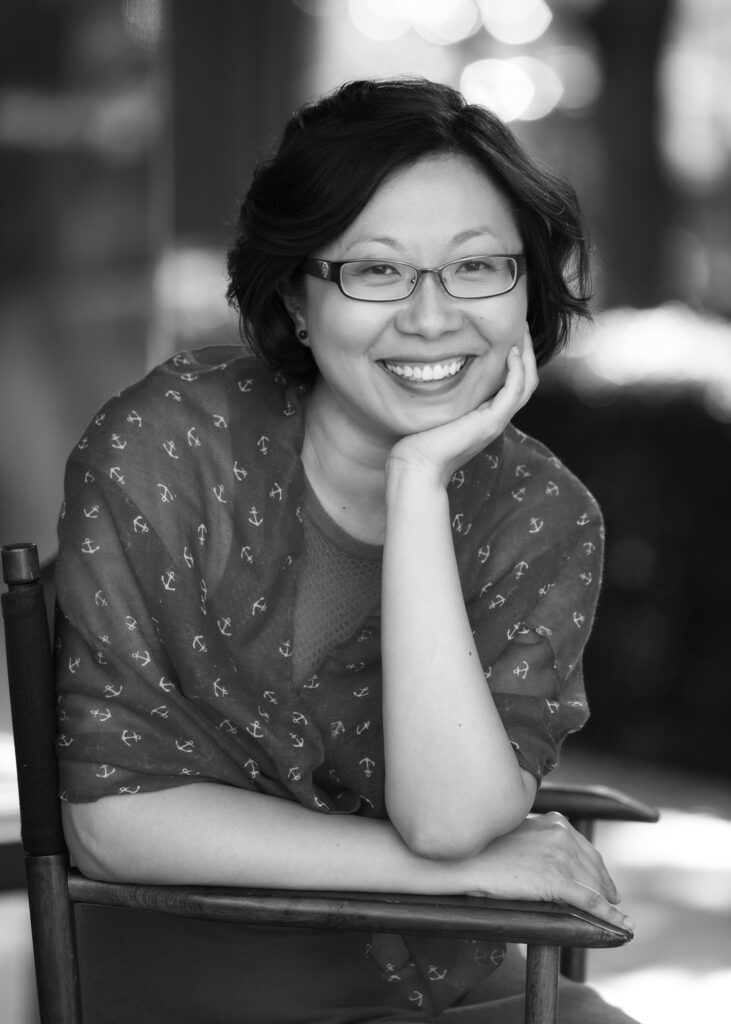
-What inspired you to become a Filmmaker?
I have always been a fervent student in the direction of time. I believe there is an order/disorder of our time that goes hand-in-hand with our memories of the past, perception of the present, and projection of the future. Therefore, the direction of time has a significant influence on how we look at our lives in phases, or integrally as one, and how we interact with the world at large. Time, in the foresight of our life and fate, has become the one true thing about our identity. And through time, we can reach out to question our existence and relive our experiences. Those are the fascinating facets that prompt me to explore my creative work on the writing page and under the eclectic lenses of cinema.
-Do you think the cinema can bring a change in society?
Someone had said: The film mediates the perception of the world. I believe cinema can render kindred humanistic elements to our society. My goal as a filmmaker is to connect the audience with their dream state. By creating Ann Huang Presents, the experimental film/Television series, we offer viewers a way to form a relationship between their dreams and the collective unconscious, advocated by Carl G. Jung, and followed by the surrealists. I believe the power of our films resides in their connectivity to people who view them. They resonate with their audience’s philosophies and beliefs and subsequently allow them to be happier and better individuals in this increasingly disparate and volatile society.
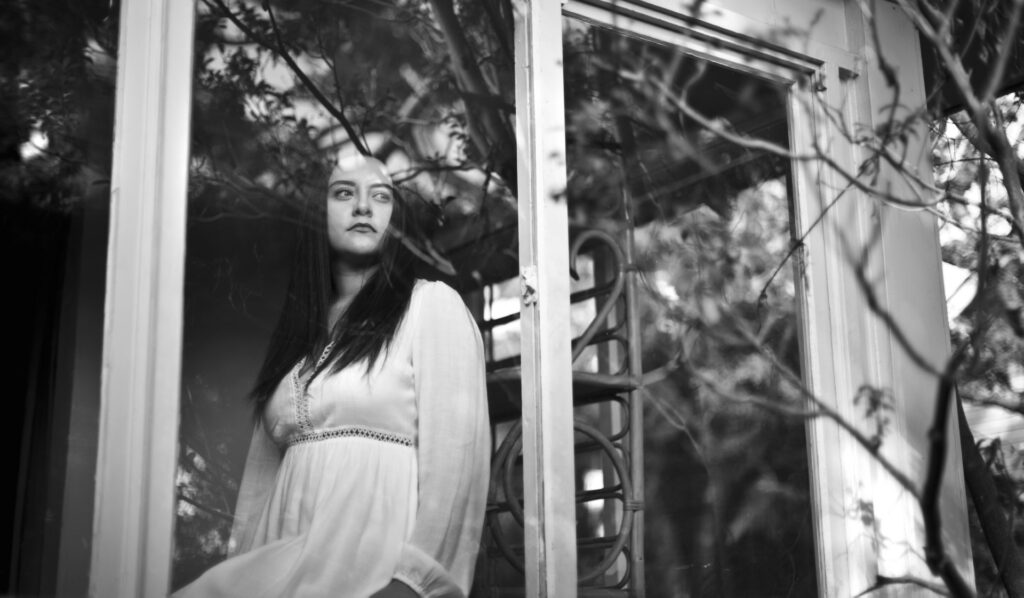
-What would you change in the world?
In today’s digital age of social media and technology, we have been bombarded by outside influences without listening to our true selves about what we need and what will make us complete as human beings. We are losing our grounds to our trivial political leaders, biased social media standards, fast or non-human-centric technological solutions; and fear of embracing one another’s gender, racial and cultural distinctions. Because of my multicultural and multilingual upbringing, I have always resisted the limitations of space and physicality. I have incessantly wished the countries that I have loved and lived in would share the same language and culture, with no borders or discriminations of any kind. And that sense of universality gives me great comfort to explore our commonalities (in addition to our differences), which are our shared physiological and psychological impulses.

-Where do you see the film industry going in the next 100 years?
I have an ambivalent projection about the film industry. On one end, we have these gigantic streaming platforms that make their dark and sassy productions in-house, which are geared towards their own profit-making models. On the other end, however, we have a stack of revolutionary visionaries who are willing to break many rules of the film-making industry and come up with films of true value for the heightened stakes of humanity. We ought to be creating individually and collectively, and nothing is more important than creating films that reflect our current world problems through our lenses. If we keep tuning in our art of being, we have what we need to make something meaningful and thought-provoking for the contemporaries and generations to come.

